The Chinese dragon has a long serpentine body and usually has a beard on its face. Even though it has no wings it still flies. It flies because it is a spiritual creature not bound by the laws of the physical world.
These dragons are mystical creatures with many supernatural powers that are described in different tales. Although they do not usually breathe fire, they can turn into fire or water, or clouds, or become invisible.
Unlike the Western dragon that is dangerous and usually considered evil, the oriental dragon is a powerful spiritual creature, benevolent and a bringer of good fortune. So, Orientals don't think dragon slaying is such a good idea! In China, the dragon was often adopted by emperors as a sacred symbol of power.


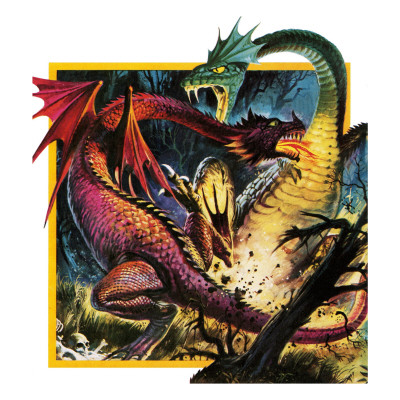
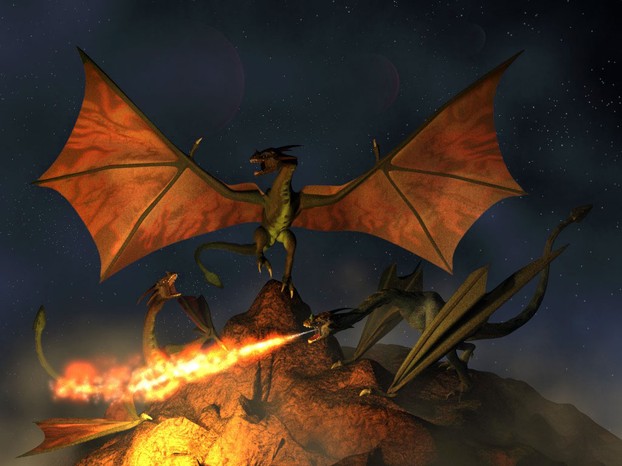

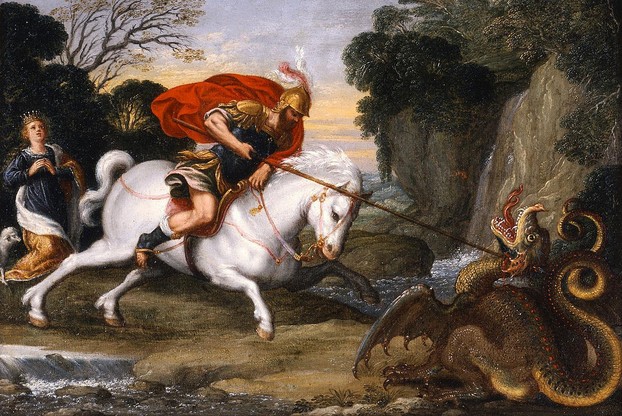
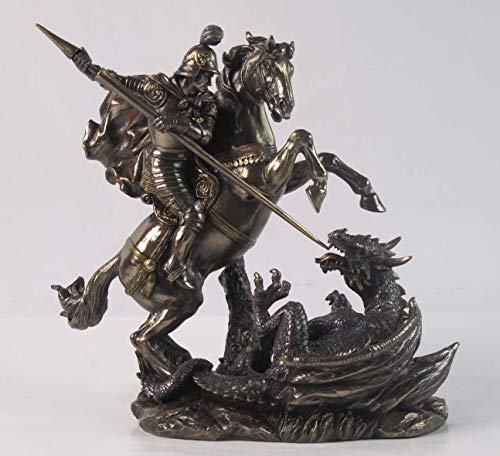




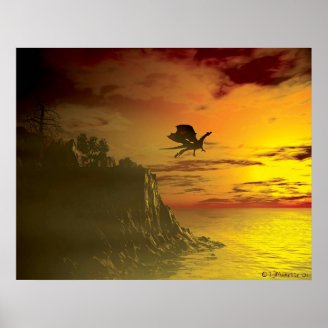
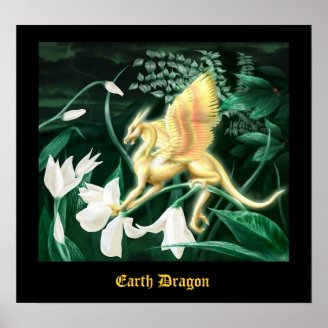





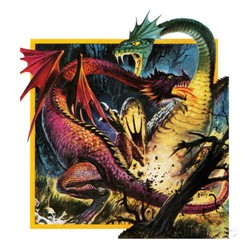

 I Published “My Reflections”on 10/02/2025
I Published “My Reflections”on 10/02/2025
 Best "Nutcracker" Movie of all Timeon 03/08/2019
Best "Nutcracker" Movie of all Timeon 03/08/2019
 Lascaux Cave Paintingson 01/18/2018
Lascaux Cave Paintingson 01/18/2018
 Bridges of the Hudson Valleyon 11/20/2017
Bridges of the Hudson Valleyon 11/20/2017

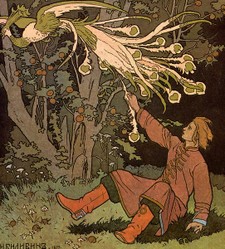
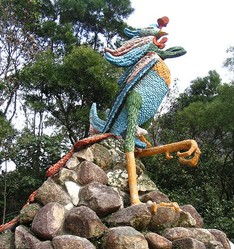
What Do You Think of Dragons?
Some lake creatures can grow quite large, if they feed enough. Sturgeon can become a great size in lakes.
Love your dragon article. I have some local stories and illustrations that I have done that I hope to get up on wizzle.com soon. I'm just minutes away from St. George (and his dragon), NB, Canada which also has a well documented lake monster called Old Ned in our Lake Utopia. ;-)
Thanks for your comment. How terrible to say your dragon is a giant frog!
It was a pleasure to read your article about the dragons, especially the part where you mention my hometown with a dragon as our symbol (rivalry cities are claiming it's just a giant frog).
I am familiar with several explanations how dragon came into our coat of arms (the most famous is probably with Jason, who is sometimes credited as the founder of our town), but he is not benevolent in any of them. I suspect authors of Wikipedia made a mistake in this case.
On the other hand, there are many examples of dragons of Eastern mythology, where they are portrayed as wise and helpful creatures.
Ah yes, Tolkien had the great dragon Smaug. And indeed the Worms, Wurms, or Wyrms, were the snake-like dragons, while "dragon" comes from the Latin "Draco" and I guess is the origin of Tolkein's "fire drakes" like Smaug.
Tolkien regarded dragons as an essential in all epic literature, for it is only through conflict with a dragon that one can become a hero. It is worth noting that in Anglo-Saxon a dragon was a Worm ,hence the folk song, The Langton Worm, is about a dragon, as is the Suffolk tale of Knucker, the water beast, who may be a primitive form of Odin, who was sometimes known as Nicor.